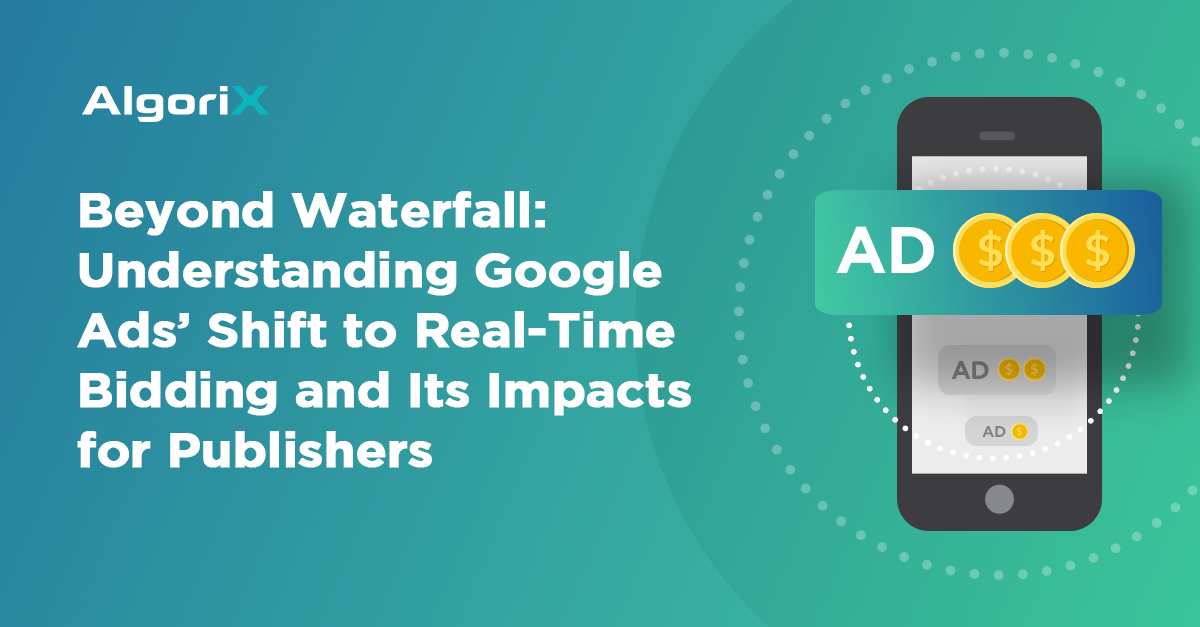Are you guilty of doing these in-app monetization mistakes?
Developers like you who’ve put the effort into building a game would usually find satisfaction in seeing players enjoy and reap the rewards of their hard work. This joy in letting people enjoy your game, in itself, is already rewarding, but it’s also understandable for you to want monetary compensation for your efforts. That’s where in-app monetization comes in. Unfortunately, monetizing an app is quite challenging. Here are some common mistakes hurting your monetization strategy.
Common In-App Monetization Mistakes Developers Make
If you‘re doing these things, you need to stop now. Think twice because it will only waste your time, money, and effort.
Marketing while Selling
Including marketing as an integral part of a game is a common in-app monetization mistake. Put yourself in the position of your target player. Imagine shopping in the in-game store and suddenly a banner will pop out of the screen asking for your email address. It can leave an unpleasant taste in your mouth and will probably make you less willing to engage. Pushing too hard with your marketing can alienate your target user base. Make your players feel like they’re valued as part of the community.
When trying to market, do soft marketing instead. Go for offering merchandise or game features that would be more engaging for your players.
Underestimating Novelty
Staying safe with your offerings can also hurt your monetization strategies. With thousands upon thousands of games available for players, make sure your game offers users something unique. Go for novelty. If not, you will lose players to your competitors. The same goes for in-app store features. If players feel like they can get something better from other games, they will not have the motivation to spend money on your game. Give them an element of surprise and delight them enough to encourage them to buy.
Using Money as Motivation
You are using in-app monetization to earn money, but it doesn’t mean money should be your sole motivation. What you should aim for is to provide premium features, which would make the game even more challenging or fun to play for your users. Say you have an idle game you want to monetize, try to offer them rewards they can purchase by doing tasks. This will give your players the opportunity to earn points and bring in more revenue for you. Such practice can keep the inclusive vibe of your game.
Overlooking Gaming Experience
Another in-app monetization mistake you might be doing is overlooking the gaming experience of your players. There may be times when you may be more focused on improving the monetization aspect causing you to lose sight of enhancing the game and its mechanics to bring a pleasurable experience for your users. Remember, you always have to wow them over again.
Whenever you are trying to launch an in-app monetization strategy, always think of your end-users. You want to make sure that while you earn money, users also remain engaged in the game. In the end, you’ll realize it will be a win-win situation for you and your users.
Connect with our experts today and learn about how AlgoriX can help you market and monetize your game. Contact us.
If you find this article useful, please share it with your friends.











